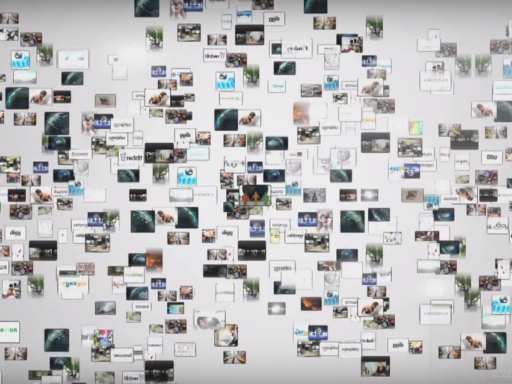Modern communication networks are becoming increasingly more complex as technology advances. Artificial intelligence may help simplify this complexity by powering “cognitive communication systems” that can learn and adapt on their own. These emerging AI-enhanced networks can potentially revolutionize how we connect in the future.
What are cognitive communication systems?
Cognitive communication systems are intelligent networks that use AI to optimize how information flows. Unlike traditional fixed networks, cognitive systems can perceive their environment, analyze data in real time, and make decisions to improve performance autonomously. They are aware of network conditions and can adjust automatically without much human oversight.
How do they work?
AI allows these systems to continuously monitor usage, identify areas for improvement, and self-optimize in real time. By learning from past traffic patterns and demand, they can predict future needs and adapt efficiently. This dynamic approach aims to enhance reliability and reduce issues like congestion or latency for users.
Potential applications
Cognitive networks may help support newer technologies requiring extremely fast, responsive connections like 5G. Their adaptive intelligence could also help power “smart city” infrastructure and improve the reliability of internet-connected devices. By seamlessly managing vast amounts of linked technologies, AI-enhanced networks may simplify interconnected systems.
Challenges and the road ahead
Of course, developing cognitive systems raises important questions about privacy, security, and managing complex AI. Researchers must ensure network transparency and data protection. Addressing these challenges could enable cognitive communication to transform future connectivity. AI may streamline network operations and modernize ageing infrastructure to meet rising demands.







